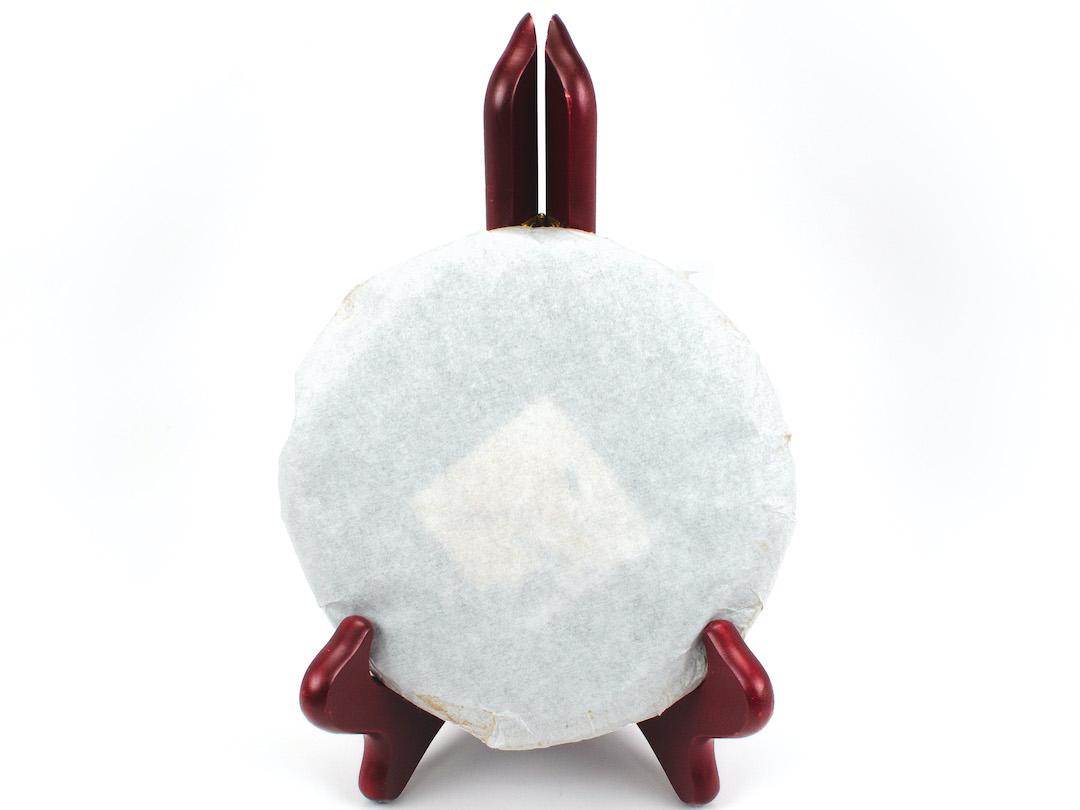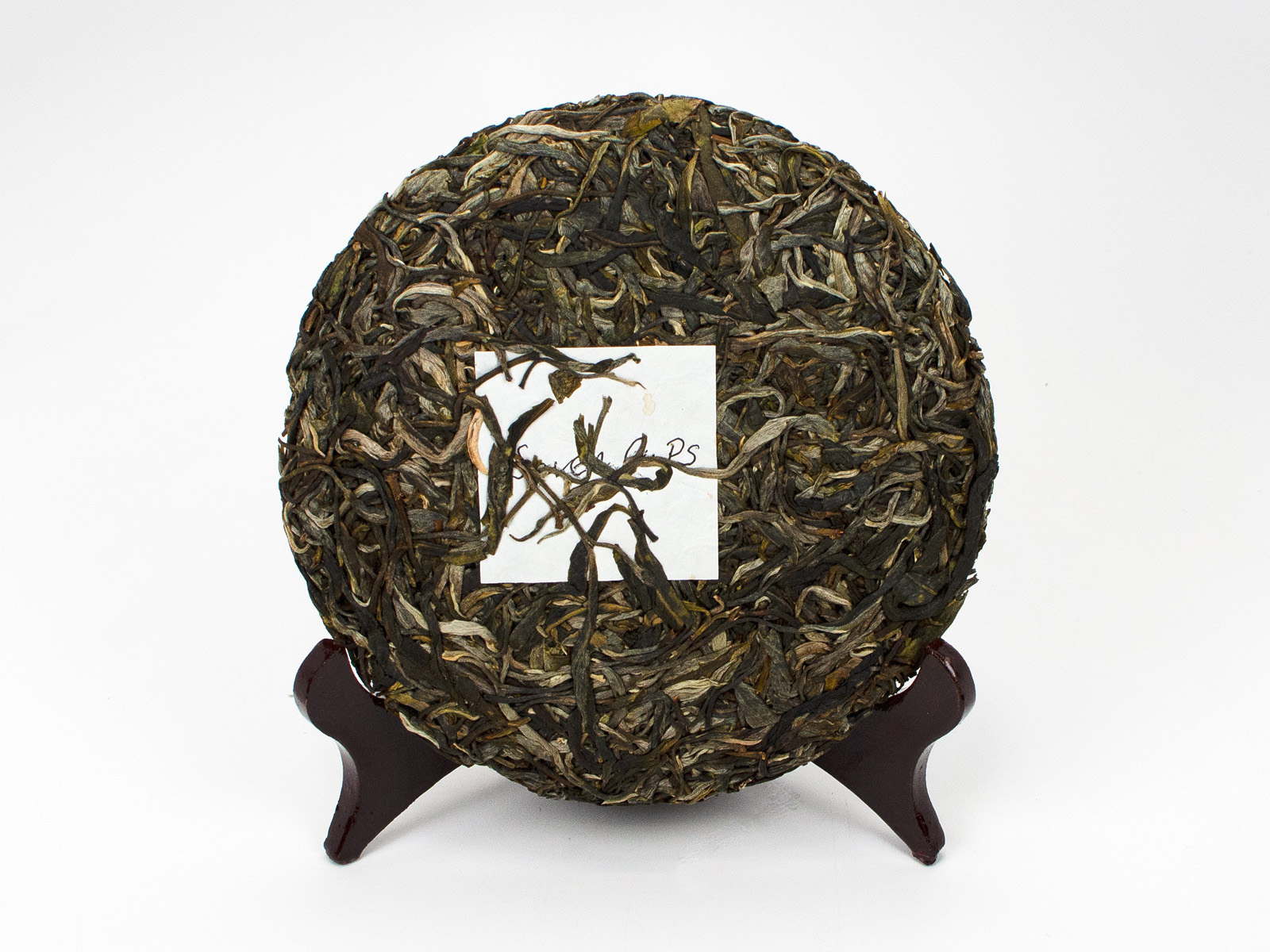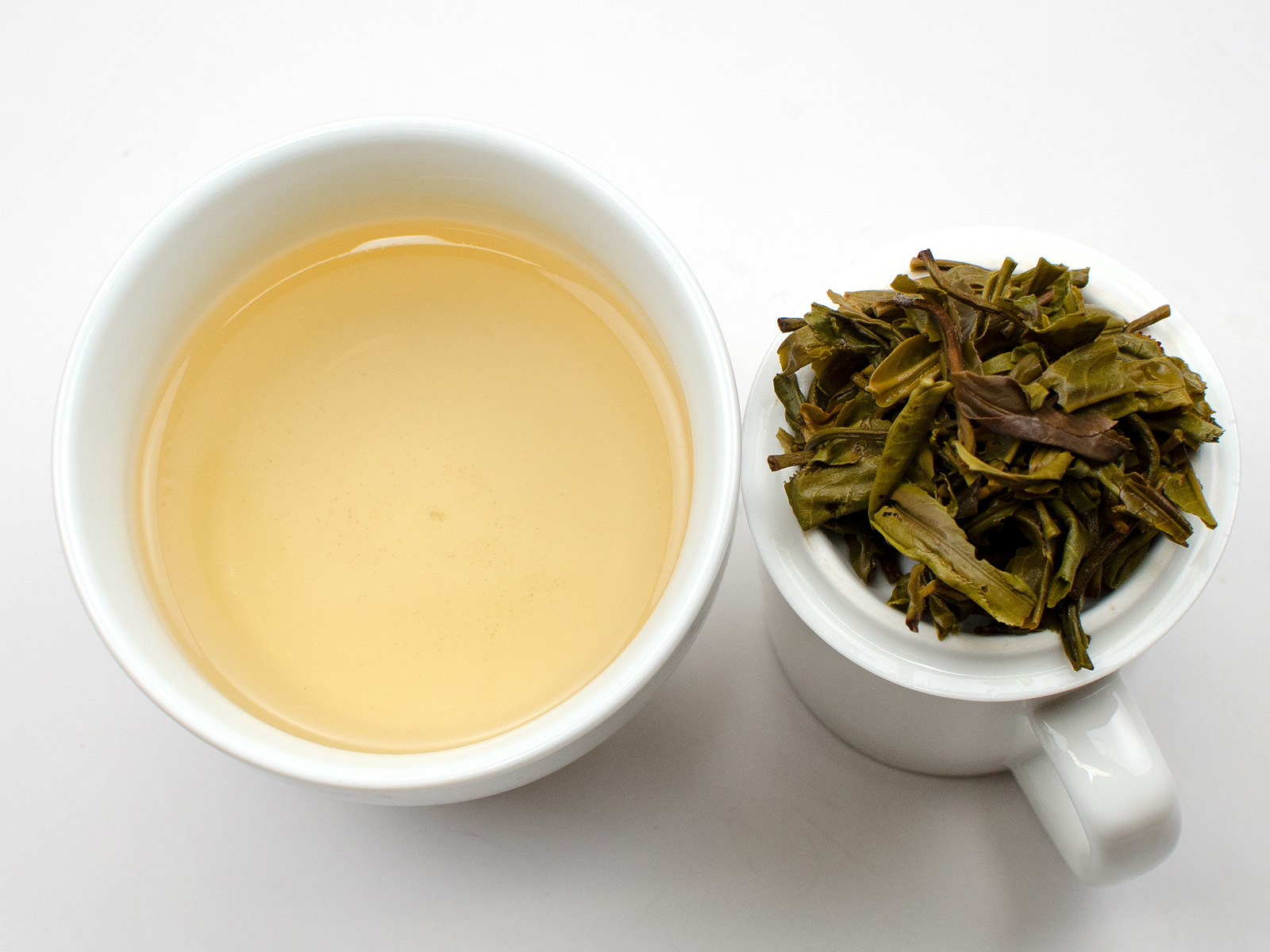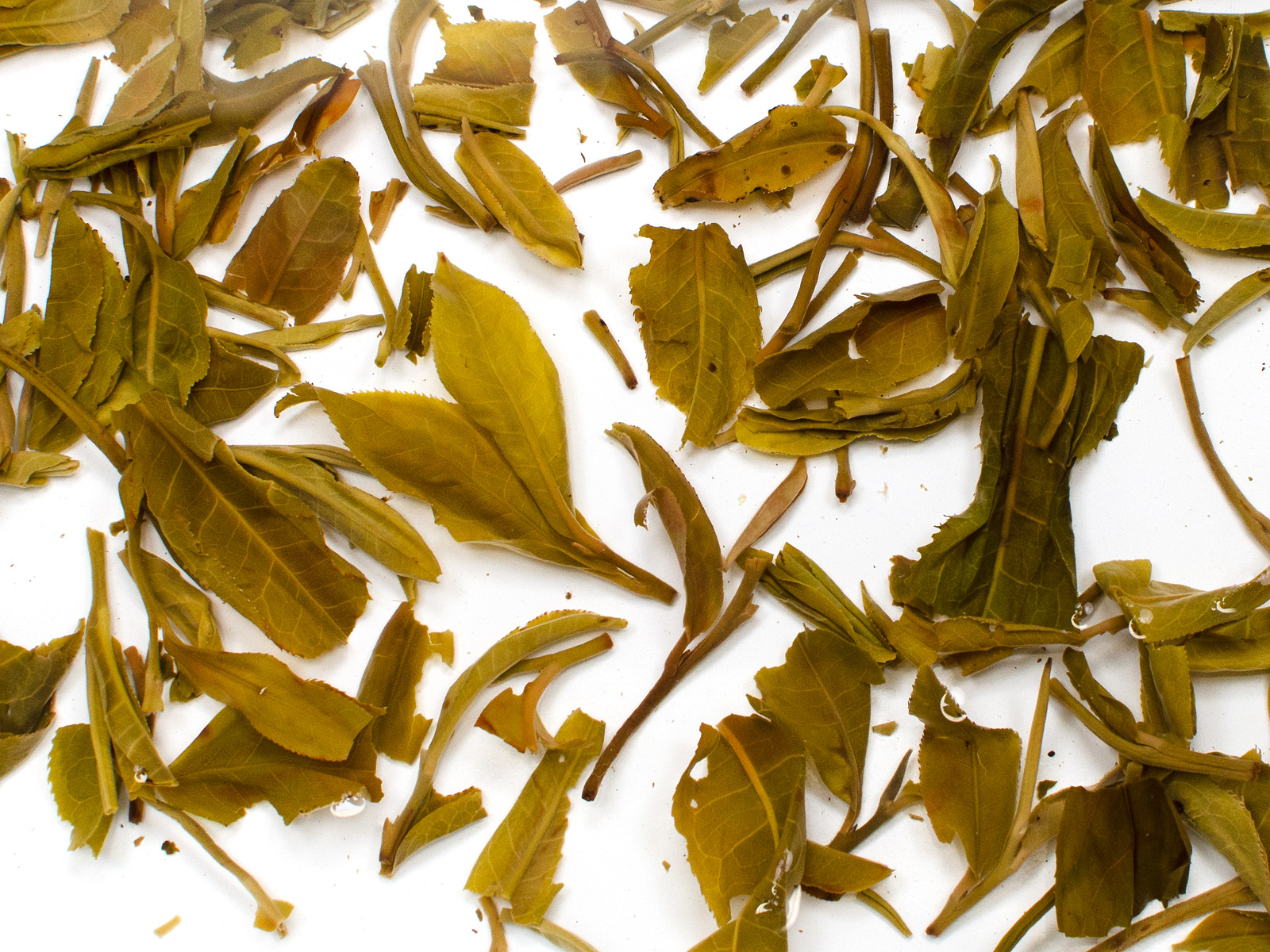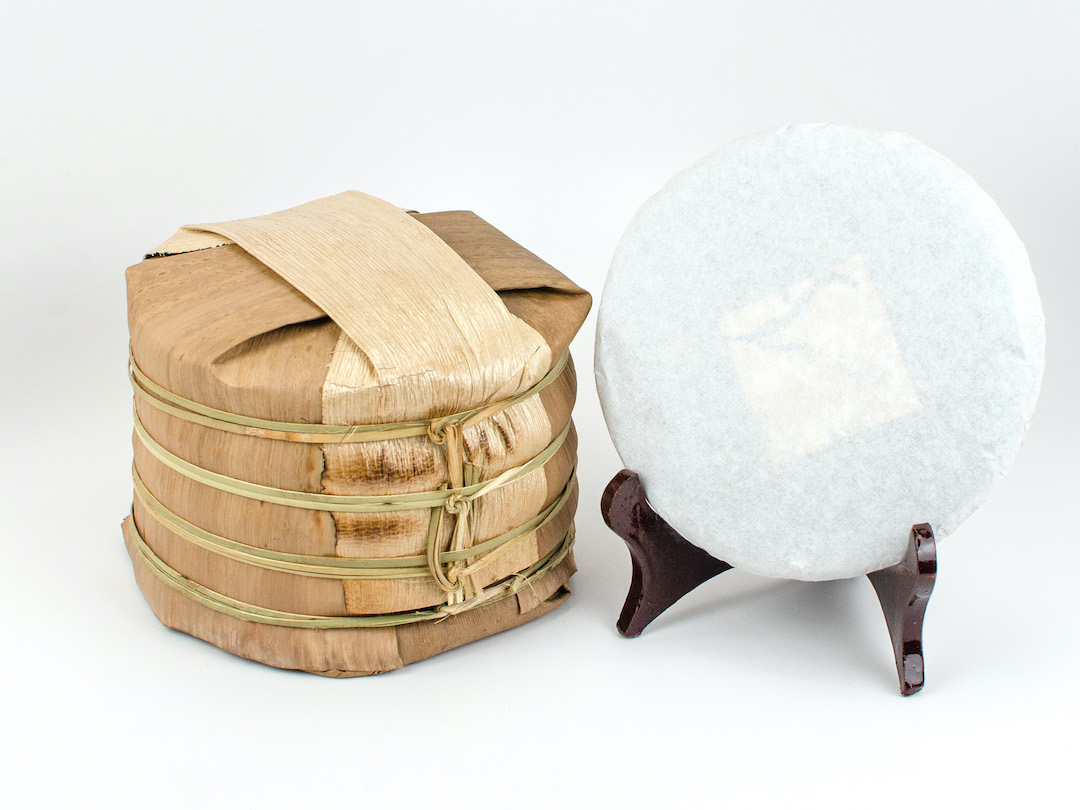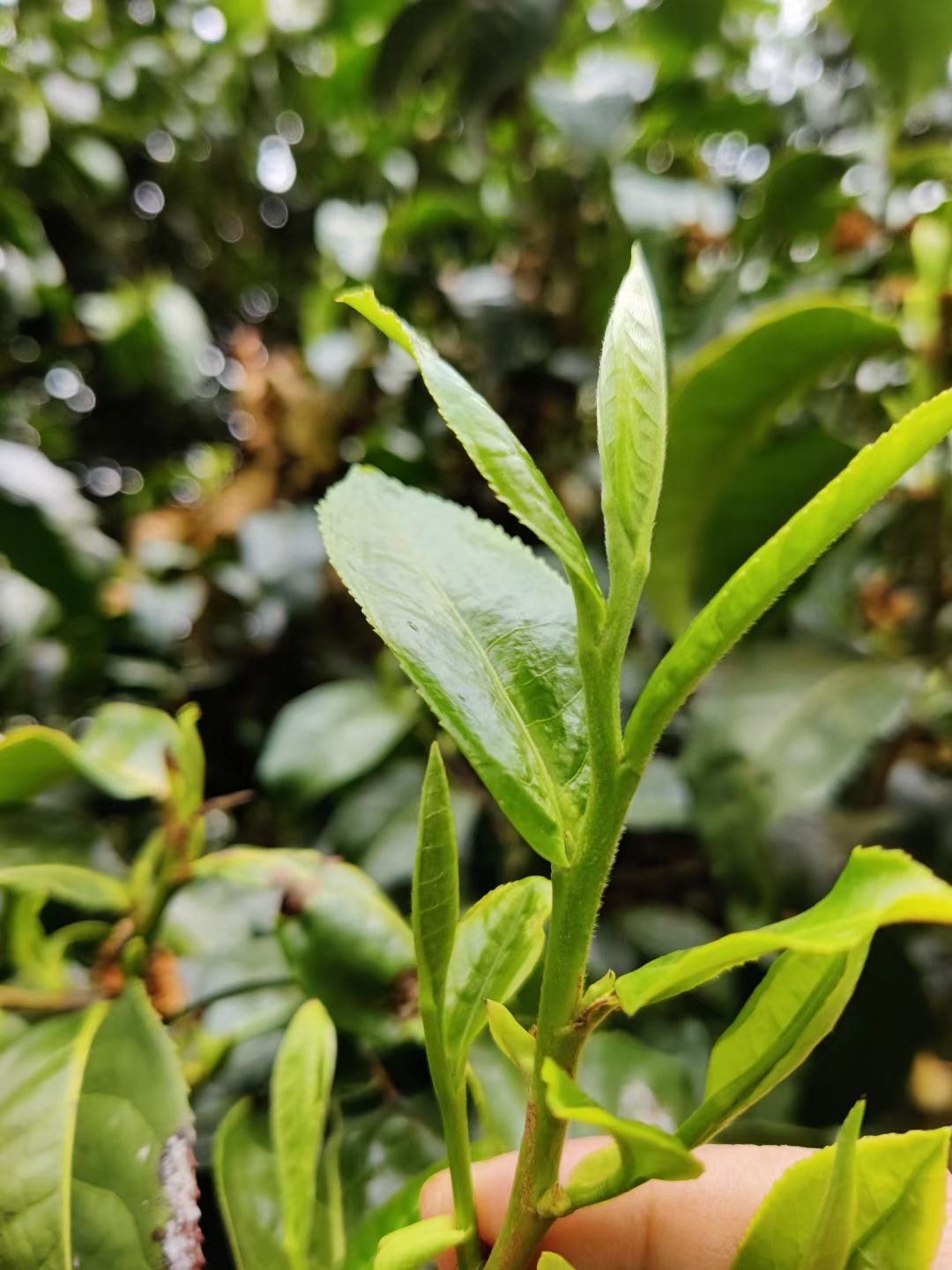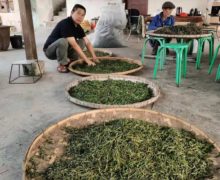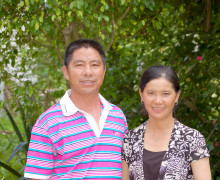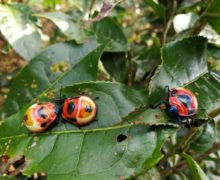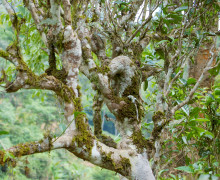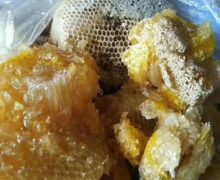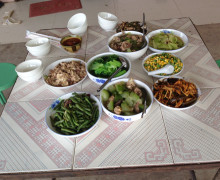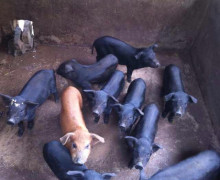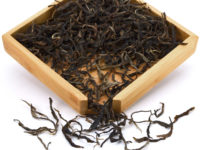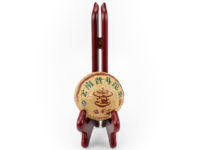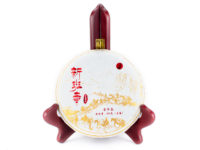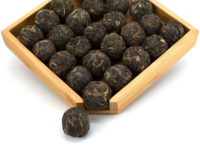Youle Huangshancha (Youle Forest Tea)
Sheng Puer Cake 200g 2022
This forest-grown tea comes from old-growth trees on Youle Mountain that grow largely untended in their natural environment.
The light golden brew yields a complex flavor with fruity notes thick with dried apricot aroma, soft bitterness, and coating sweetness. Possesses Youle sheng puer’s classic depth and richness with minimal astringency, all while remaining light and approachable.
- 2023 $23.50
- Tea Origin
- Youle Mountain, Xishuangbanna City, Yunnan Province, China
- Tea Bush
- Yunnan Dayezhong (Yunnan Large Leaf Heirloom Tea Tree)
- Tea Maker
- Yang Guangqing
- Harvest Time
- Late March
- Plucking Standard
- One bud, two leaves
This forest-grown tea comes from old-growth trees that grow largely untrimmed and untended in their natural diverse environment. Tea made from older trees has a very full flavor and a changing, layered character. Its initial sharpness quickly fades and turns into a pronounced huigan “returning sweetness” that becomes more developed as you drink. The light golden brew yields a complex flavor with fruity notes thick with dried apricot aroma, soft bitterness, and coating sweetness. It provides sheng tea’s classic depth and richness with minimal astringency, all while remaining light and approachable.
This small sheng puer cake delivers the classic round puer tea cake shape in a more affordable and travel-friendly 100g size.
Youleshan’s old growth tea trees
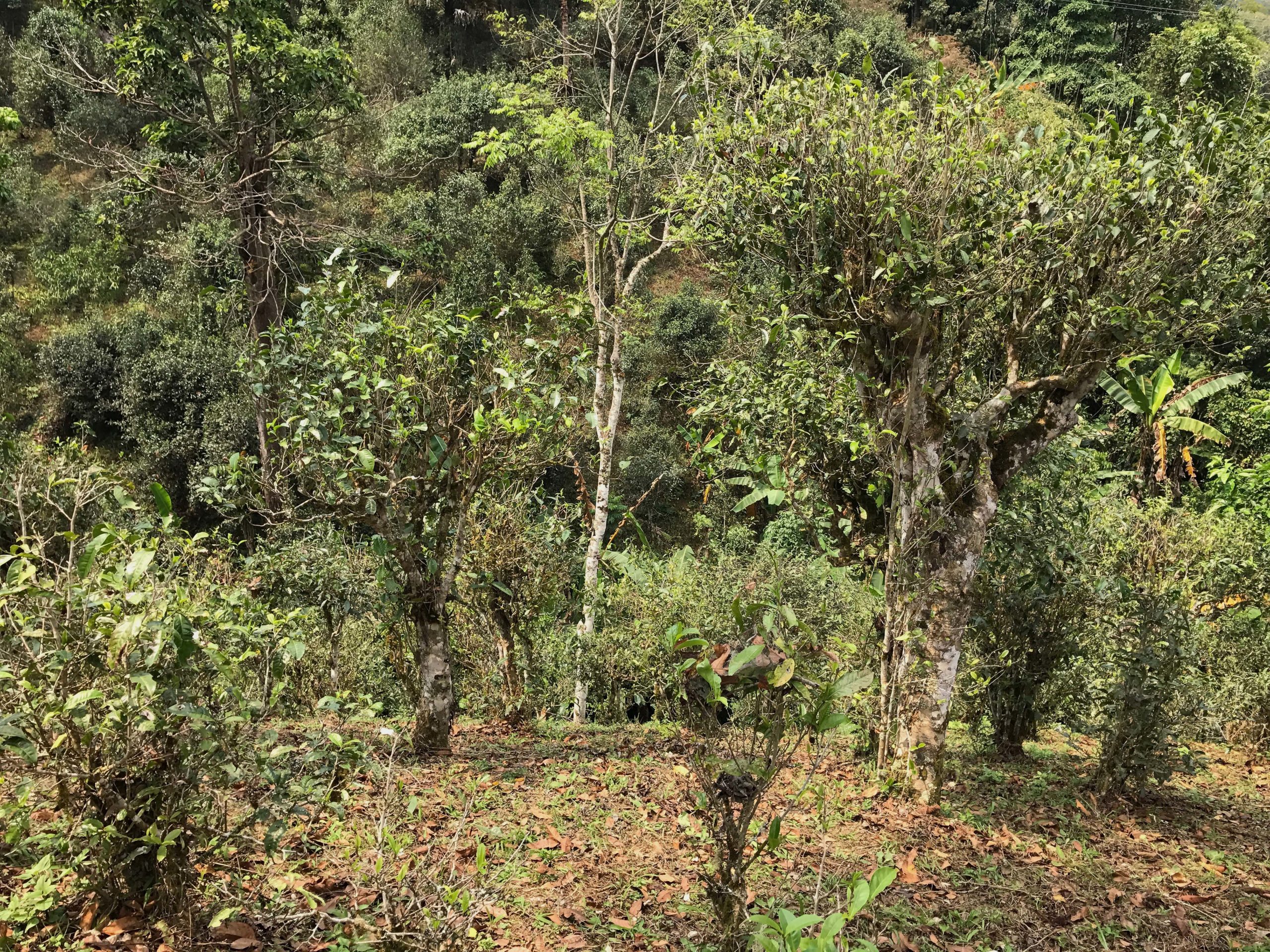
These forest tea trees are harvested only once a year in the spring, since they produce only a small amount of high quality leaves that are difficult to harvest. For this particular tea, the leaves are selected from larger trees that are estimated over 100 years old, with branches about as thick as a person’s arm.
Old trees provide a tea with far less bitterness and astringency than puer made from young trees. Their diverse forest growing environment contributes to a rich, nuanced complexity of flavor and aroma. Meanwhile, younger trees (under 60 years old) can have a sharp bitterness and astringent edge to their flavor when made into sheng puer, as can tea made from the later harvests in the late spring and summer. For the best flavor, we always make sure to purchase these teas by late March to ensure that they are from the earliest spring harvests.
Old tea mountain origins
Youleshan (the Youle Mountains) has been one of Yunnan Province’s famed tea origins since antiquity. There are still many old growth tea trees in the Youle area, many over a century old. The tea that comes from this region is known for its rich, complex flavor and long finish. Of the six old famous tea mountains in Yunnan, Youleshan is the closest to Xishuangbanna City, a major locus of puer trade. Further south than most, it tends toward a warmer and more humid climate. The forest in this region is very dense and diverse, with rich red soil to grow in. This creates an excellent environment for tea cultivation.
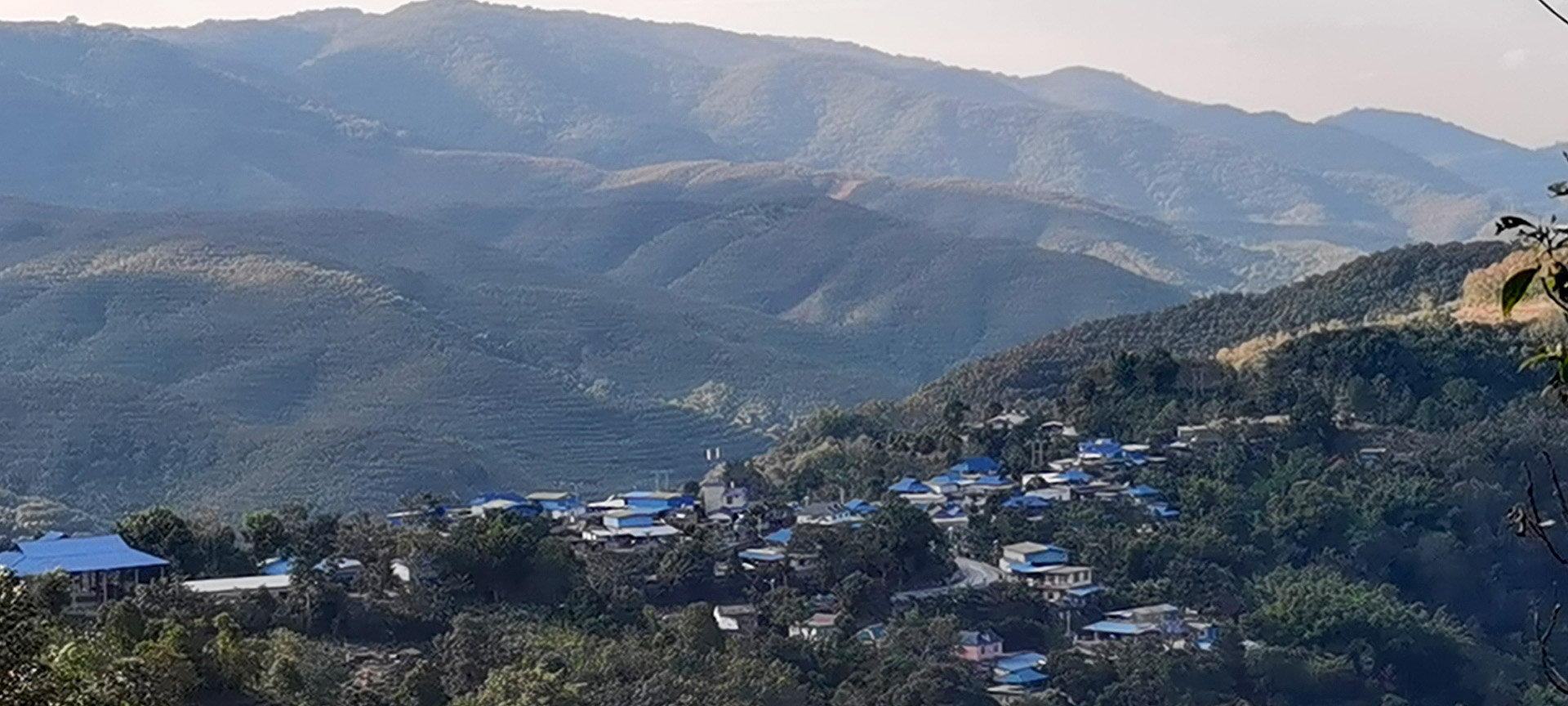
The stories of Youle’s Jinuo People
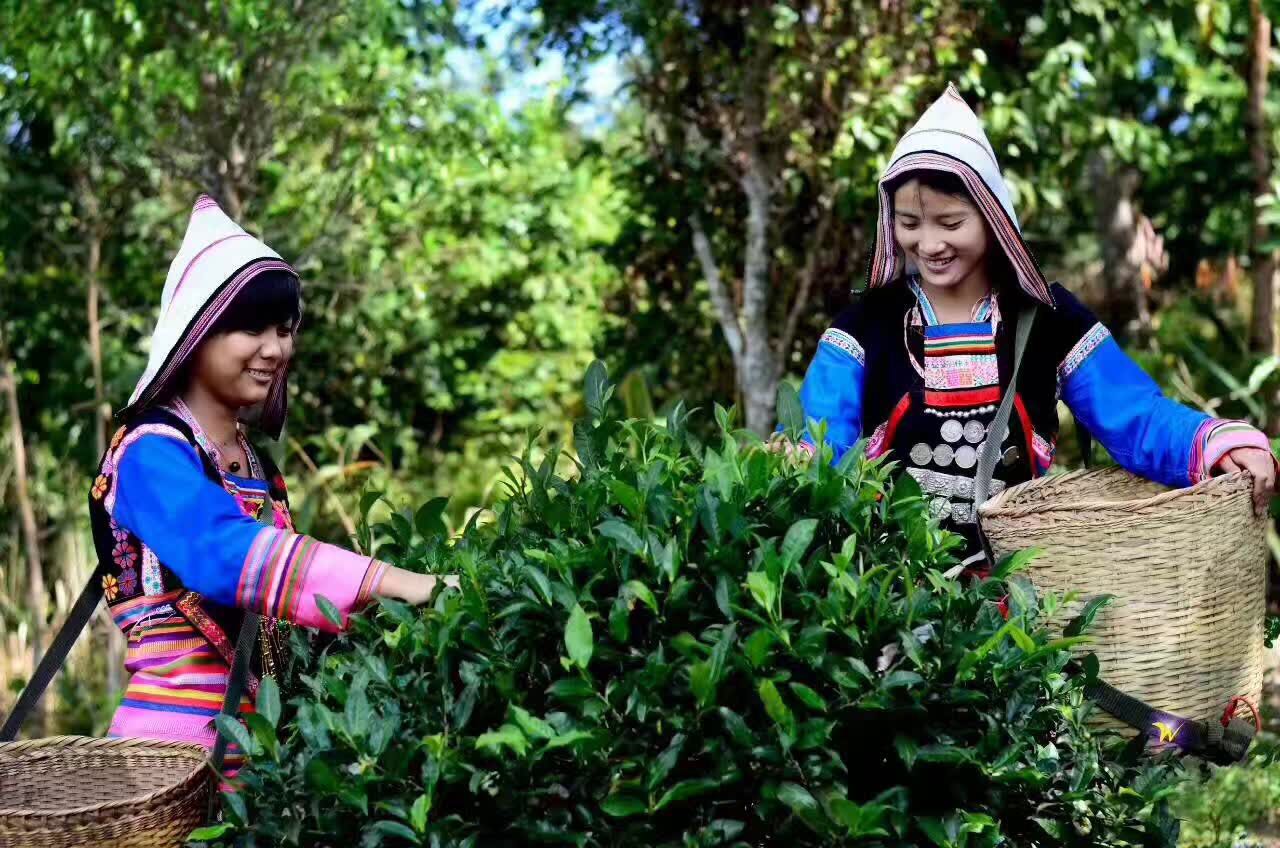
Many of the people growing tea in this area belong to the Jinuo ethnic minority. They are unusual in having an exclusively oral tradition of sung and spoken history and stories, with no written language. As their legend has it, they used to have a written language as well, which they documented written on great leather skins. However, like many other groups living in the mountainous parts of Yunnan, the Jinuo have historically been quite isolated and frequently faced great adversity and poverty. During one particularly difficult year, there was very little to eat. They decided that surviving was more important than preserving the physical records of their history and stories. They boiled and ate the leathers their language was written on to make it through the year, and did their best to pass on their knowledge by word of mouth. Their written language was lost, but the people survive to this day.
No chemical fertilizer, pesticide, or herbicide was used in the production of this tea. Click here to read more about our promise to fair trade and the environment.
Total cake weight may vary due to the gradual moisture loss with aging.
Full Stack Discount
This puer cake traditionally comes in a stacked tong of 5 cakes tightly wrapped in bamboo for transport and storage. If you’re looking to buy in bulk, tongs of Youle Huangshancha (Youle Forest Tea) are available to you at a 5% discount in their original bamboo packaging. To get this full tong discount, add the five (5) Youle Huangshancha cakes to your cart, then click the 5% discount coupon that appears on the bottom of the cart page (or the top of the checkout page).
The bamboo wrapping of the tong protects the tea cakes from breakage and insulates them from external odors and excess moisture while remaining breathable. To open a tong, untuck the ends of each individual bamboo tie from the loop below it, then untwist the two ends from each other. The single knot in the tie can then be undone. Then it will easily loosen and come unwound from the tong. Your individually paper-wrapped puer cakes will be inside.

